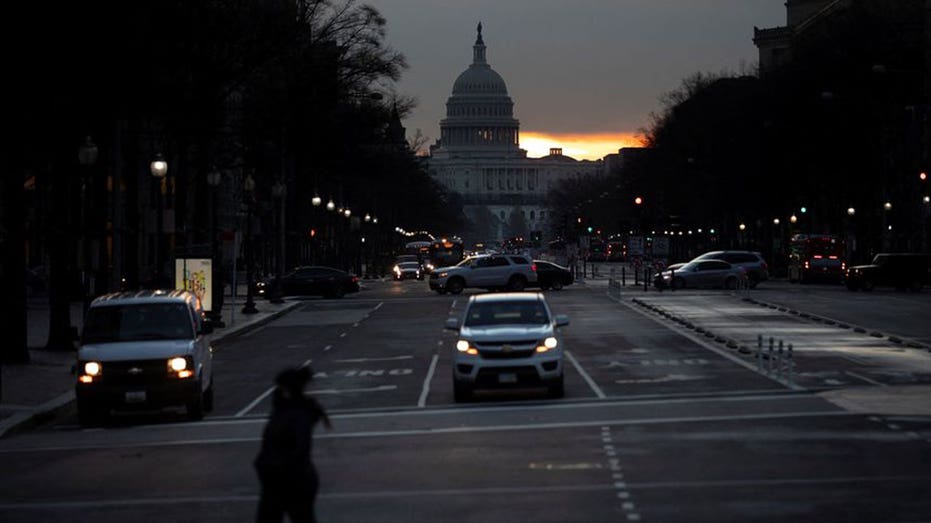A new survey finds that an overwhelming majority of Americans don’t believe that the twice-annual clock changes brought on by alternating adherence to Daylight Saving Time (DST) and Standard Time help to conserve energy.
Since the U.S. standardized DST across the country with the Uniform Time Act in 1966, Americans have been changing their clocks to “spring forward” and “fall back” – with only Arizona and Hawaii opting out of the process. One of the primary positive benefits of DST touted by its proponents is energy conservation, although a survey from Payless Power finds that most Americans don’t think it’s helping save on electricity.
The survey found that 57% of respondents dislike DST clock changes while 22% welcome them and 21% were neutral. It found that 83% of respondents believe DST fails to achieve its goal of conserving energy.
While only 1-in-6 respondents noticed an increase in their energy bills they attributed to the time changes, those who did say their energy bills increased by an average of $51 more per month, totaling an extra $408 annually in 2023, according to the survey.
HOW DAYLIGHT SAVING TIME CLOCK CHANGES UPEND THE ECONOMY
“DST can lead to higher expenses for Americans who do not make use of the additional morning daylight and instead prioritize productivity in the evenings,” Payless Power CEO Brandon Young told FOX Business. “This may result in extended periods of artificial lighting, ultimately leading to higher electricity bills.”
Overall, 74% of the survey’s respondents expressed support for ending DST entirely – with the most support coming from millennials (78%), Gen X (73%), baby boomers (72%) while Gen Z (62%) was the least supportive.
THE END OF DAYLIGHT SAVING TIME CAN NEGATIVELY AFFECT YOUR HEALTH, EVEN THOUGH YOU GAIN AN HOUR OF SLEEP

“The primary reasons for Americans’ dissatisfaction with DST include its disruption of sleep patterns, the challenge of adjusting schedules, and its potential impact on overall mood and mental well-being,” Young said. “Some individuals, however, may perceive certain benefits in DST, such as increased productivity during extended daylight hours.”
That idea of ending the twice-a-year clock changes has gained steam in recent years at the federal and state levels, although it’s unclear when or if Congress will enact legislation to switch permanently to standard time or daylight time.
In 2022, the Senate passed the Sunshine Protection Act to make daylight time permanent, but the bill failed to advance through the House before the end of the session. Neither the House nor the Senate has taken up legislation to switch permanently to either daylight or standard time during the current Congress.
Read the full article here








